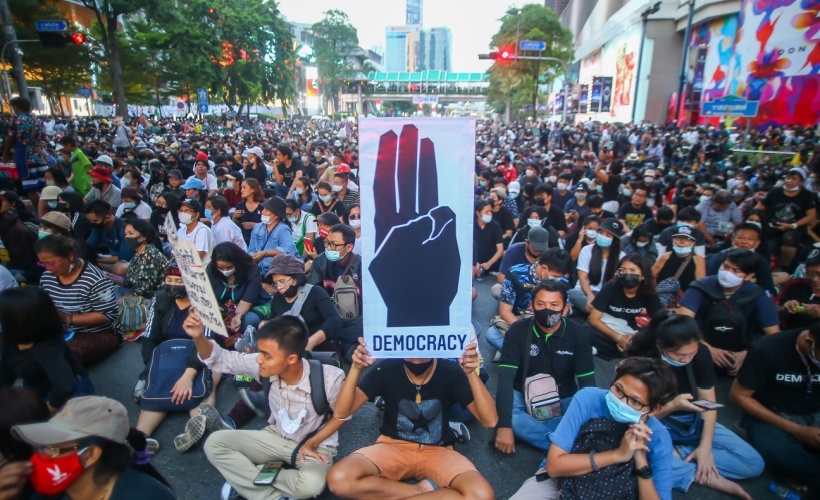With Xi Jinping’s visit to Saudi Arabia in December 2022 and the surprising Chinese-facilitated rapprochement between Saudi Arabia and Iran in March, China’s growing influence in the Persian Gulf has been in the spotlight recently. China has long been an important economic actor in the region, but its increasingly confident diplomatic engagement has led to a lot of speculation that Beijing is now willing to play a bigger political role. This is exacerbated by the perception of declining US leadership in the Middle East.
This talk focuses on how China has developed its presence in the Gulf, analyzing both its strengths and limitations in the region. It then discusses how a deeper Chinese footprint affects the region; how does it impact regional rivalries? Does it challenge American preponderance? What impact does it have on other extra-regional powers with interests in the Middle East?
Jonathan Fulton is a political scientist at Zayed University in Abu Dhabi, United Arab Emirates, and a senior nonresident fellow at the Atlantic Council. His research focuses on China-Middle East relations. His books include ‘China’s Relations with the Gulf Monarchies’, ‘The Routledge Handbook of China-Middle East Relations’, and ‘Asian Perceptions of Gulf Security’.







